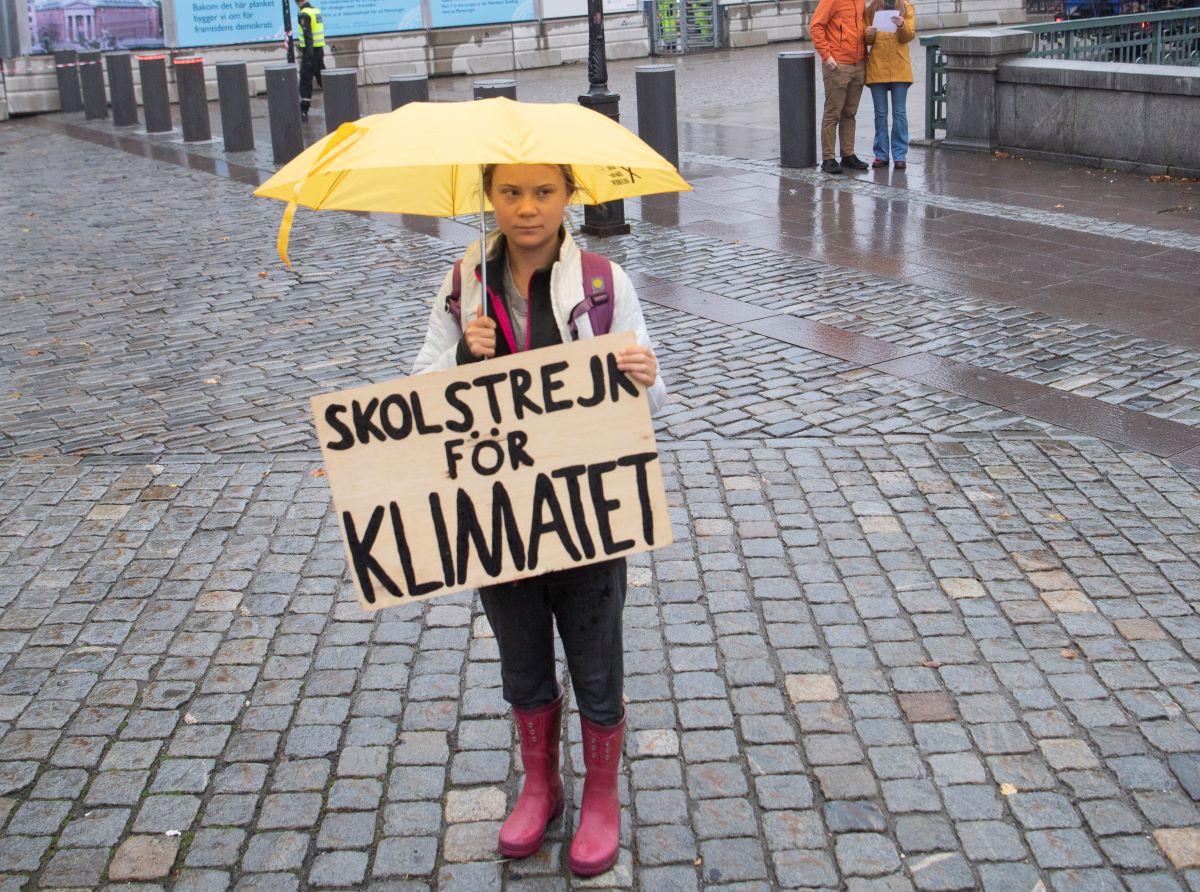Greta Thunberg says COP26 unlikely to lead to 'big changes'

STOCKHOLM, Sweden - Swedish activist Greta Thunberg on Saturday said upcoming climate talks in Glasgow, billed as humanity's last chance to avoid catastrophic global warming, were unlikely to "lead to big changes".
Thunberg, whose Fridays For Future movement has inspired massive street protests around the world, said activists need to keep on "pushing" for real change.
"As it is now, this COP will not lead to any big changes, we're going to have to continue pushing," she told AFP on the sidelines of a climate concert organized in Stockholm.
"My hopes are, of course, that suddenly we will realise that we are facing an existential crisis and act after that," she added.
Thousands braved the autumnal cold to listen to around 20 acts perform at the concert.
Thunberg surprised the crowd by singing and dancing to British singer Rick Astley's 1980s hit "Never gonna give you up".
The COP26 meeting in Scotland, being held from October 31 until November 12, will be the biggest climate conference since landmark talks in Paris in 2015, and is seen as a crucial step in setting worldwide emissions targets to slow global warming.
Thunberg said that international summits like COP26 "have a potential of changing (things) since they gather so many people together".
"So we may need to make sure that we use that opportunity to actually change things," she said.
Thunberg stressed the need to "switch the focus from trying to create loopholes" to "actually saving the planet".
The Glasgow gathering will try to persuade major developing economies to do more to cut their carbon emissions, and get the rich world to cough up billions more to help poorer countries adapt to climate change.
Last month United Nations chief Antonio Guterres warned that a failure to slash global emissions is setting the world on a "catastrophic" path to 2.7 degrees Celsius heating.
That figure would shatter the temperature targets of the Paris climate agreement, which aimed for warming well below 2C and preferably capped at 1.5C above pre-industrial levels. —Agence France-Presse




